Eleven physicians established the U.S. Pharmacopeia, the first compendium of standard drugs for the US
On Dec. 21, 1820, eleven physicians met in Washington, D.C., to establish the U.S. Pharmacopeia, the first compendium…

On Dec. 21, 1820, eleven physicians met in Washington, D.C., to establish the U.S. Pharmacopeia, the first compendium…
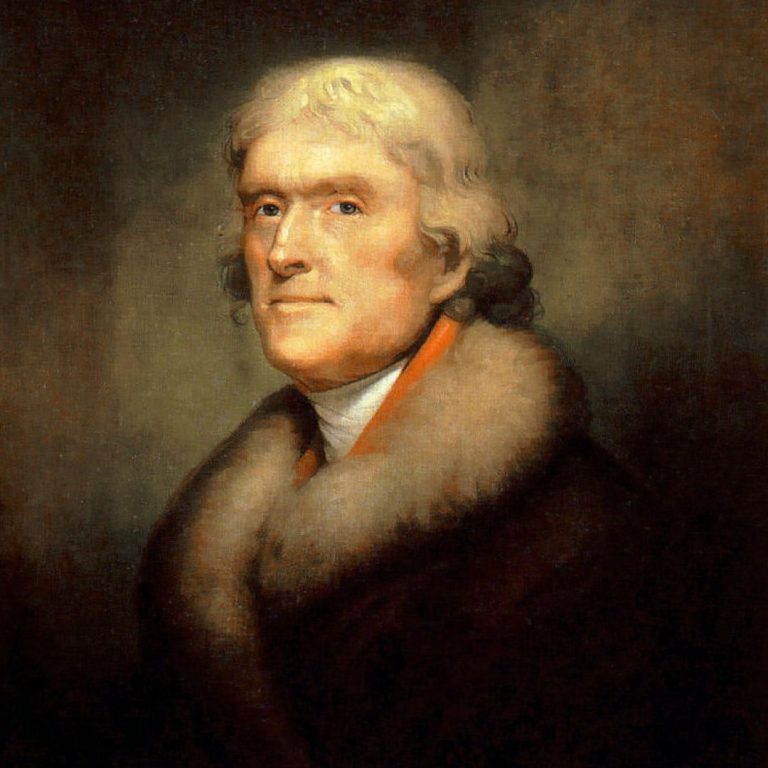
On Jan. 25, 1819, the University of Virginia was founded after being conceived by Thomas Jefferson in 1800…

In 1818, the federal government authorized Alabama Territory to set aside a township for the establishment of a…
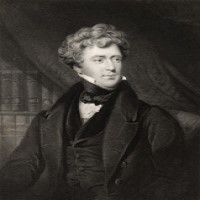
In 1818, the first successful transfusion of human blood to a patient was performed by British obstetrician James…
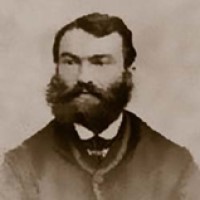
In 1817, James Parkinson published an essay on six cases of paralysis agitans known as Shaking Palsy. This paper…
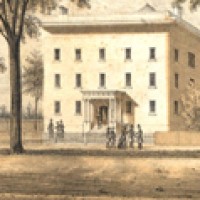
In 1813, the Medical Institution of Yale College opened its doors with four professors and 37 students and…
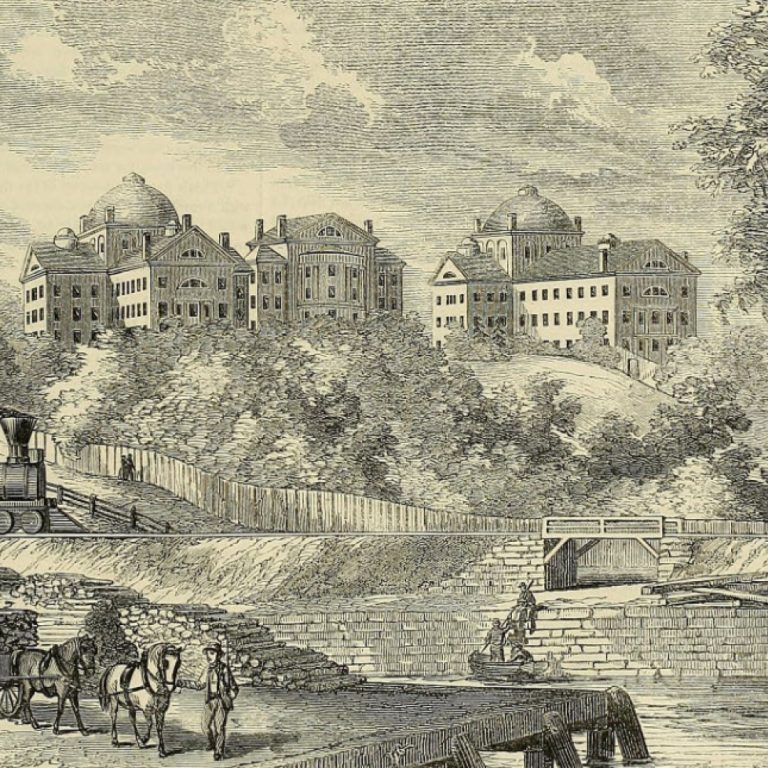
On Feb. 25, 1811, McLean Hospital was founded through a charter granted by the Massachusetts Legislature for the…
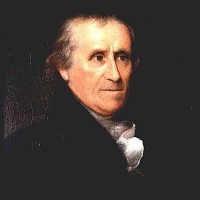
In 1808, A permanent home for the Boston Marine Hospital was found in the Charlestown section of Boston….

In 1804, the University of Georgia graduated its first class in 1804. The curriculum of traditional classical studies…
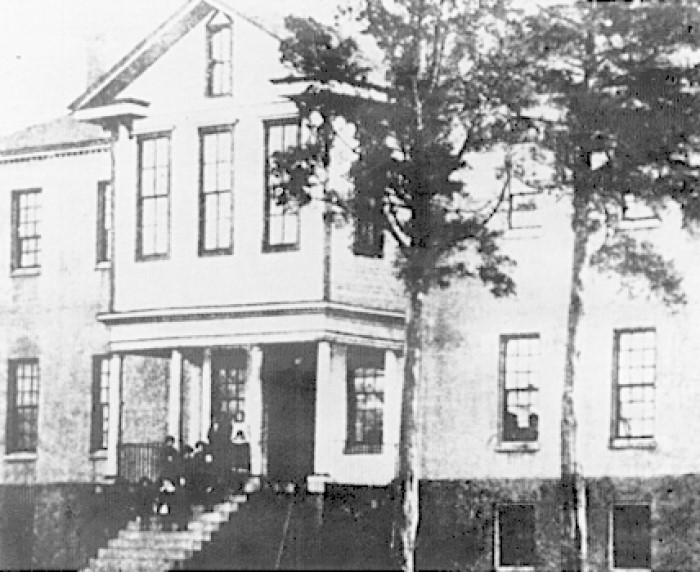
On May 3, 1802, the first permanent Marine hospital was authorized to be built in Boston, Mass. A…

In 1802, Yale College’s Benjamin Silliman taught the first modern science course (chemistry) in the U.S. Silliman was…

In 1802, a U.S. marine hospital in New Orleans, Louisiana was authorized by Congress while the port was…
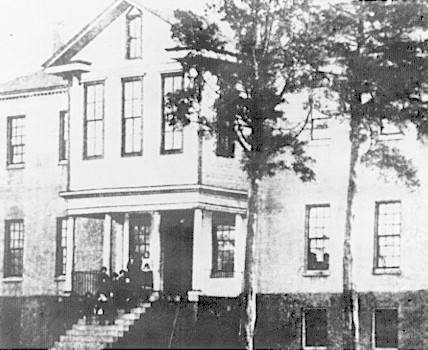
In 1801, The first marine hospital owned by the Federal Government was purchased from the State of Virginia….
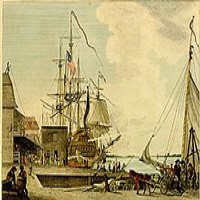
In 1799, Philadelphia (then capital of the U.S.) construct an expansive quarantine station called the Lazaretto along the…
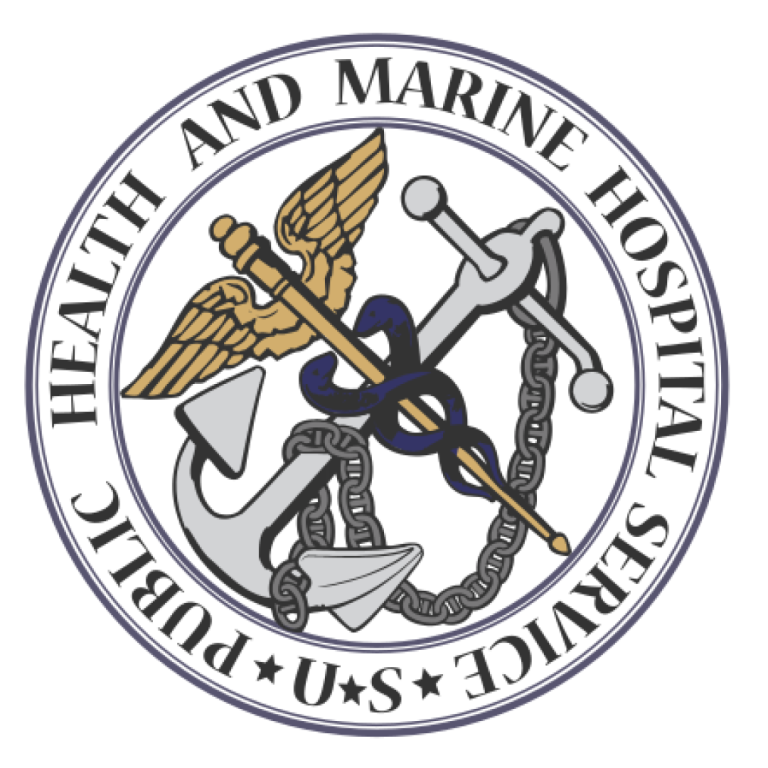
On Jul. 16, 1798, the Marine Hospital Service, predecessor to the National Institutes of Health (NIH), was established…
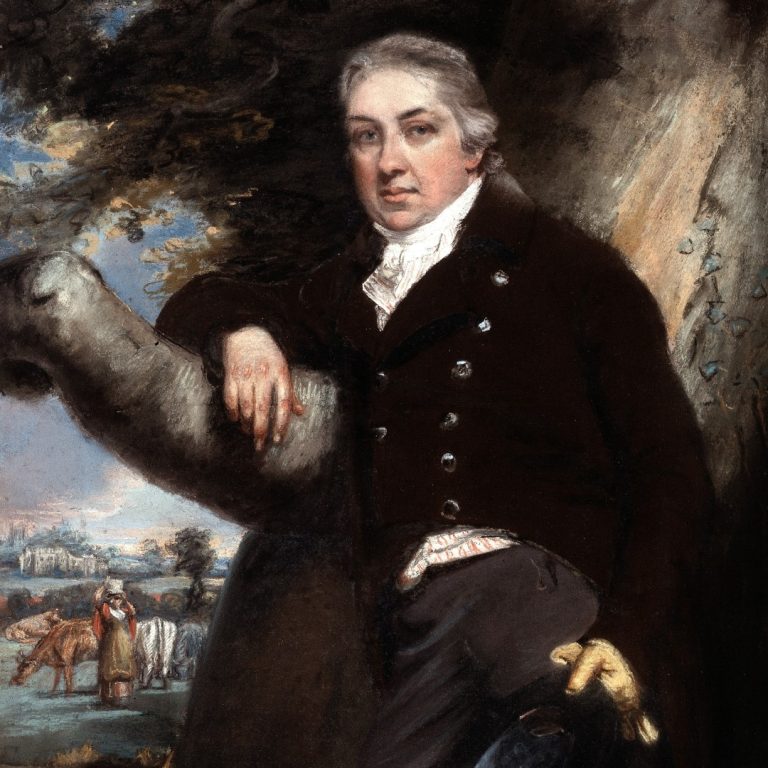
In 1798, English scientist and physician Edward Jenner coined the word virus to describe the matter that produces…
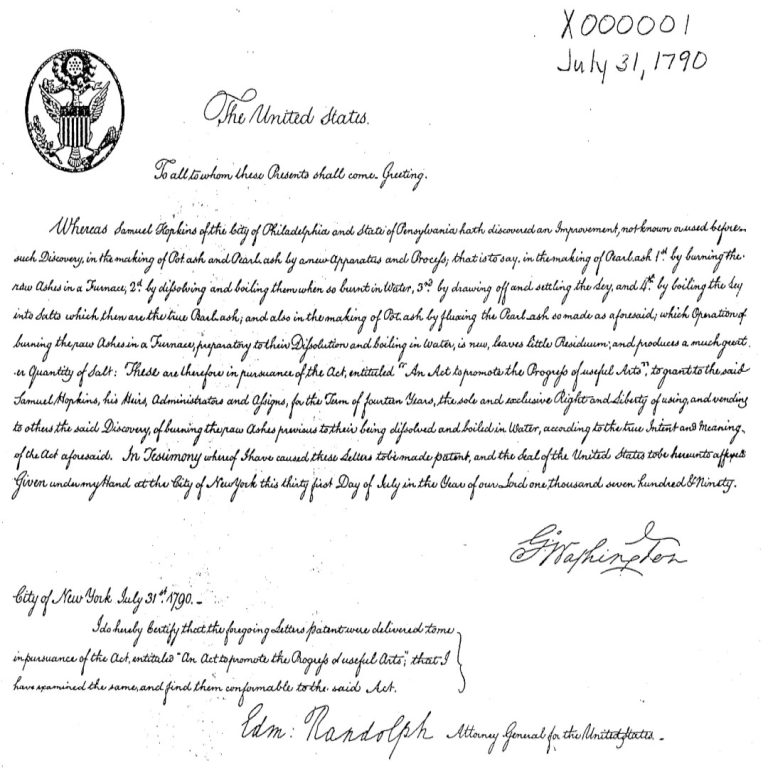
On Jul. 31, 1790, the inventor Samuel Hopkins was awarded the first U.S. patent for a new method…
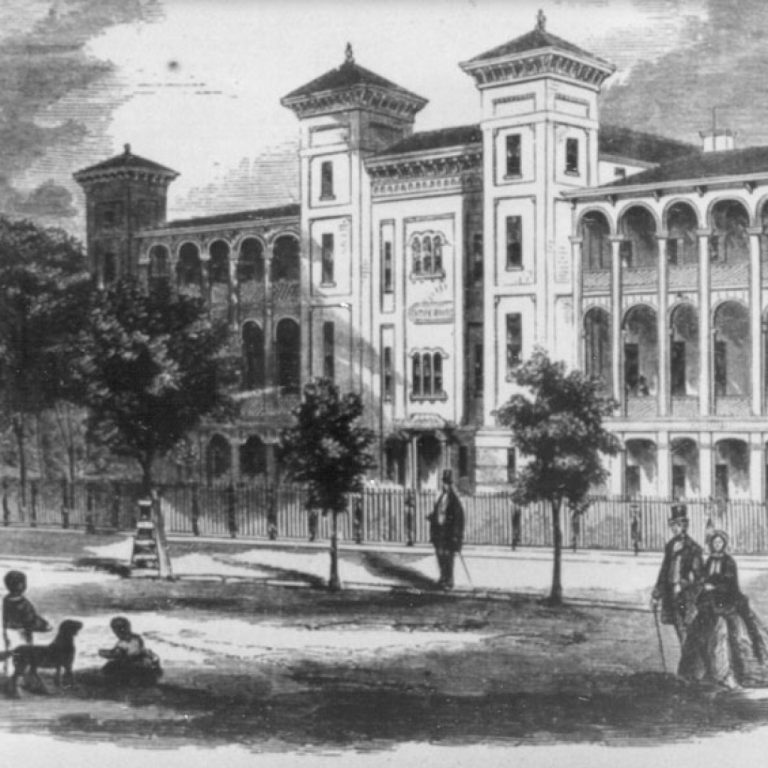
On Dec. 24, 1789, the Medical Society of South Carolina was founded in Charleston on Christmas Eve by…
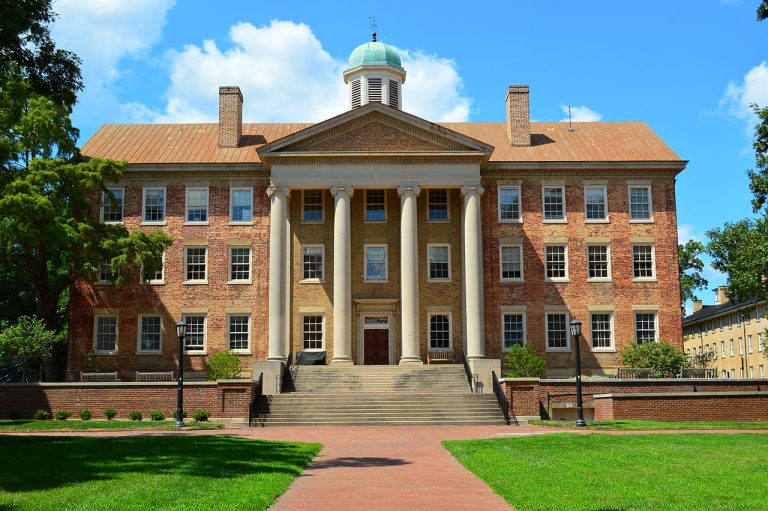
On Dec. 11, 1789, the University of North Carolina (UNC) was founded. The UNC was the first public…
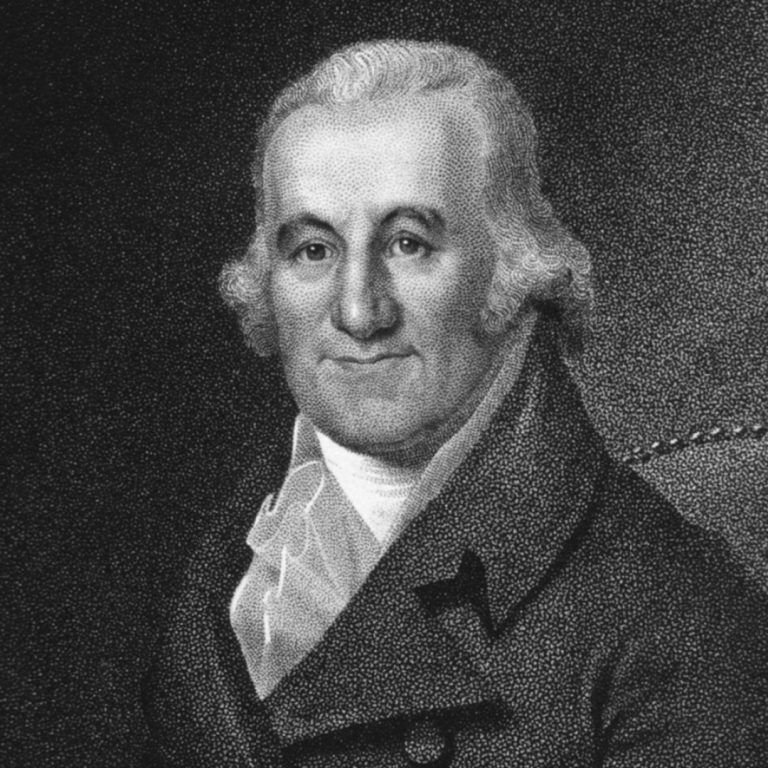
In 1787, Caspar Wistar, M.D., began his medical practice in Philadelphia. Dr. Wistar was the author of the…
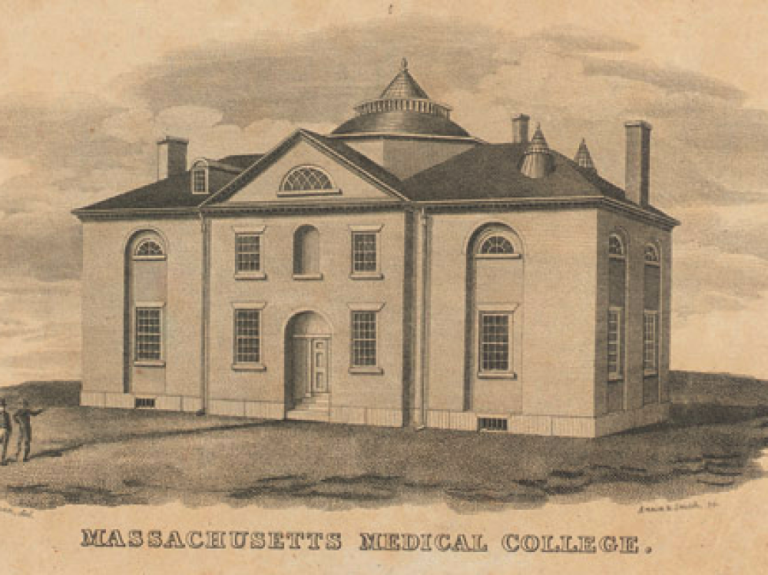
In 1788, The first class graduated from the Massachusetts Medical College of Harvard University.
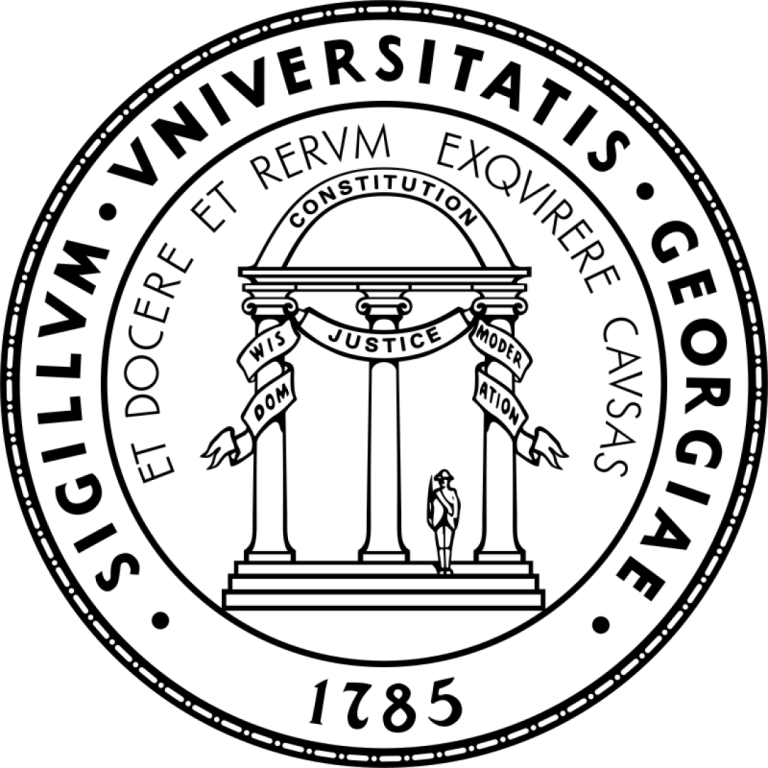
On Feb. 13, 1786, first meeting of the University of Georgia board of trustees was held and Abraham…
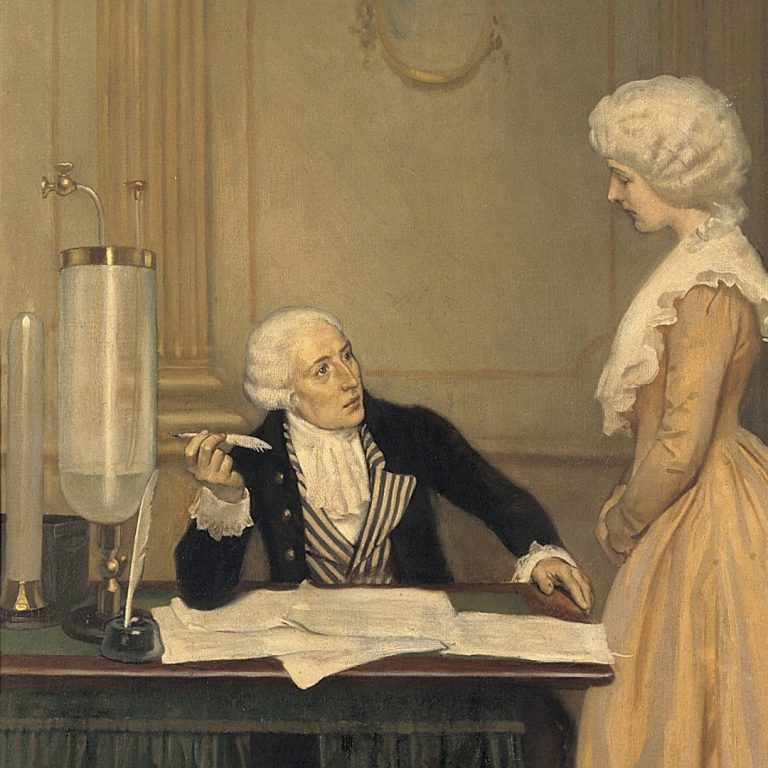
In 1784, Frenchman Antoine Lavoisier the “Father of modern chemistry” and Pierre-Simon Laplace discovered that animals take in…
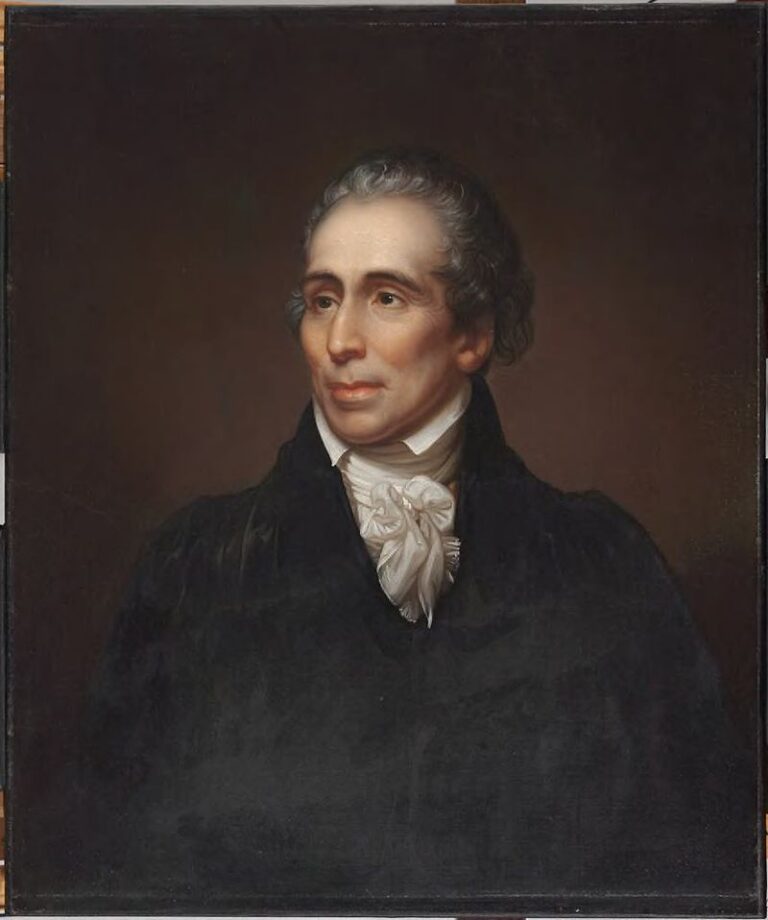
On Sept. 19, 1782, the Harvard Medical School was founded by Dr. John Warren a graduate of Harvard…
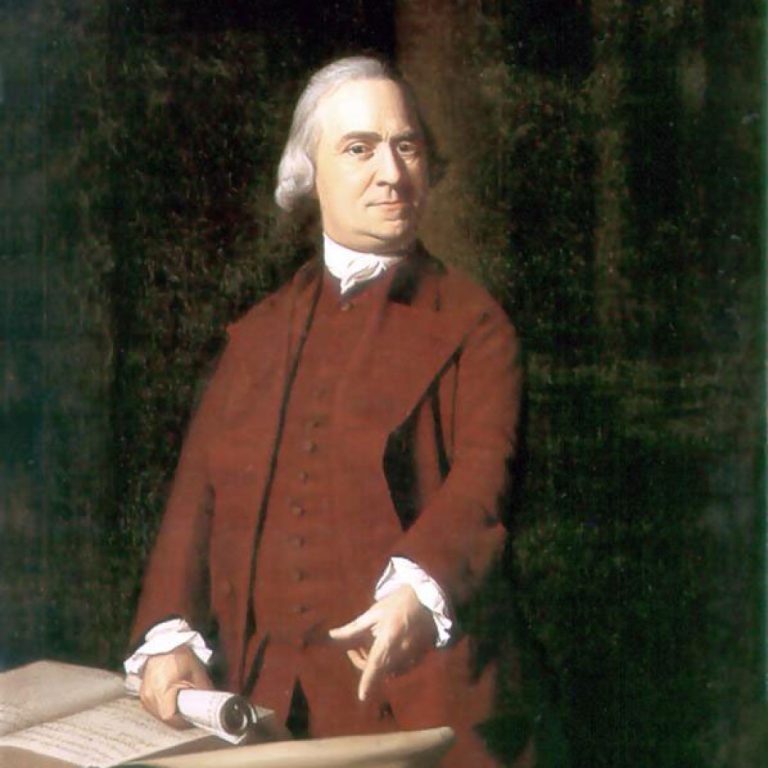
On Nov. 1, 1781, the Massachusetts Medical Society was established, and its charter was signed by Samuel Adams,…
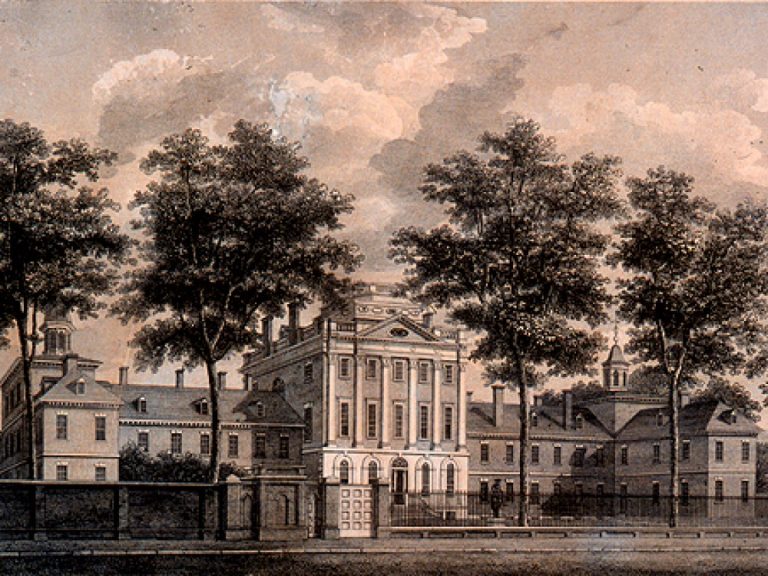
In 1765, The College of Philadelphia, now Pennsylvania School of Medicine, opened its doors becoming the first and…
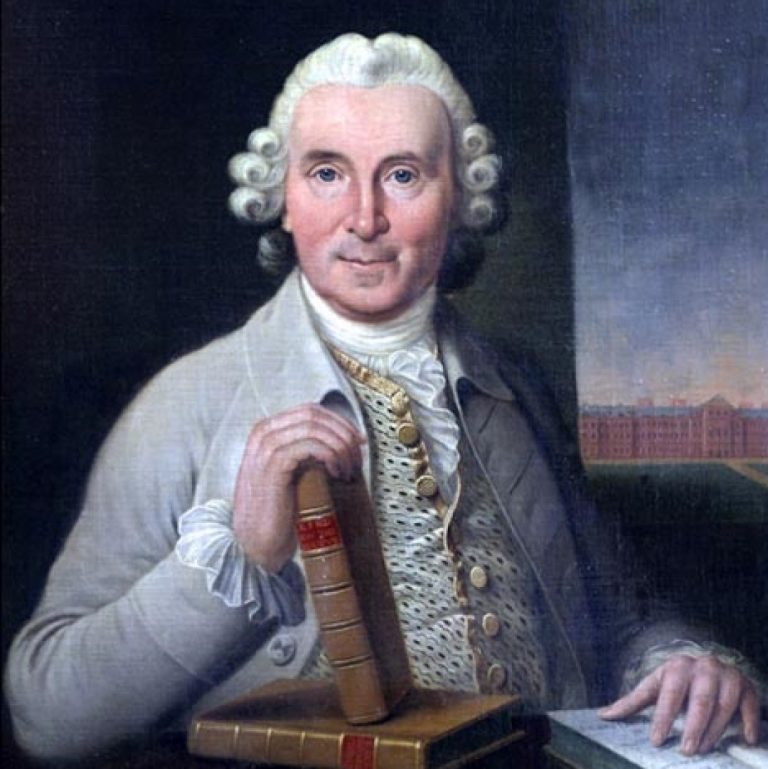
In 1753, Scottish physician James Lind of the British Royal Navy published “A Treatise on the Scurvy” in…

In 1751, Pennsylvania Hospital, the nation’s first hospital opened at the University of Pennsylvania.
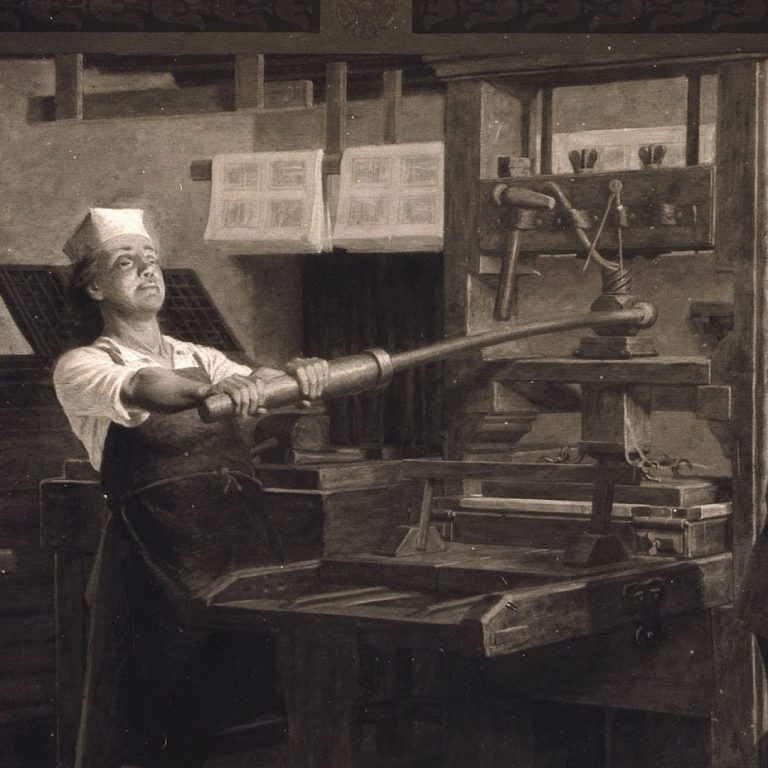
In 1749 in Philadelphia, Benjamin Franklin presented his vision of a school in a pamphlet titled Proposals for…
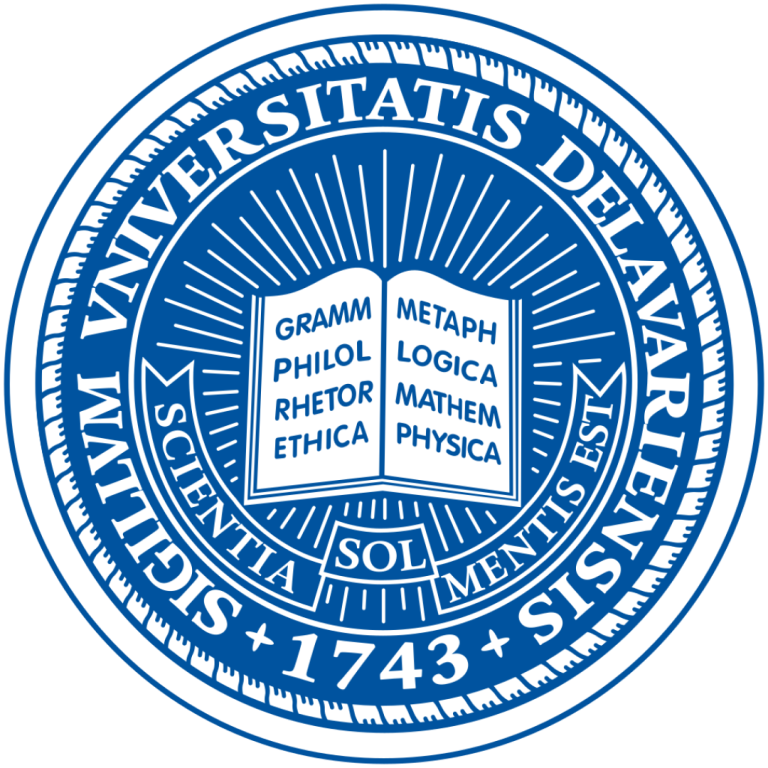
In 1743, the University of Delaware traces its roots to the Free School founded in New London, Pennsylvania…